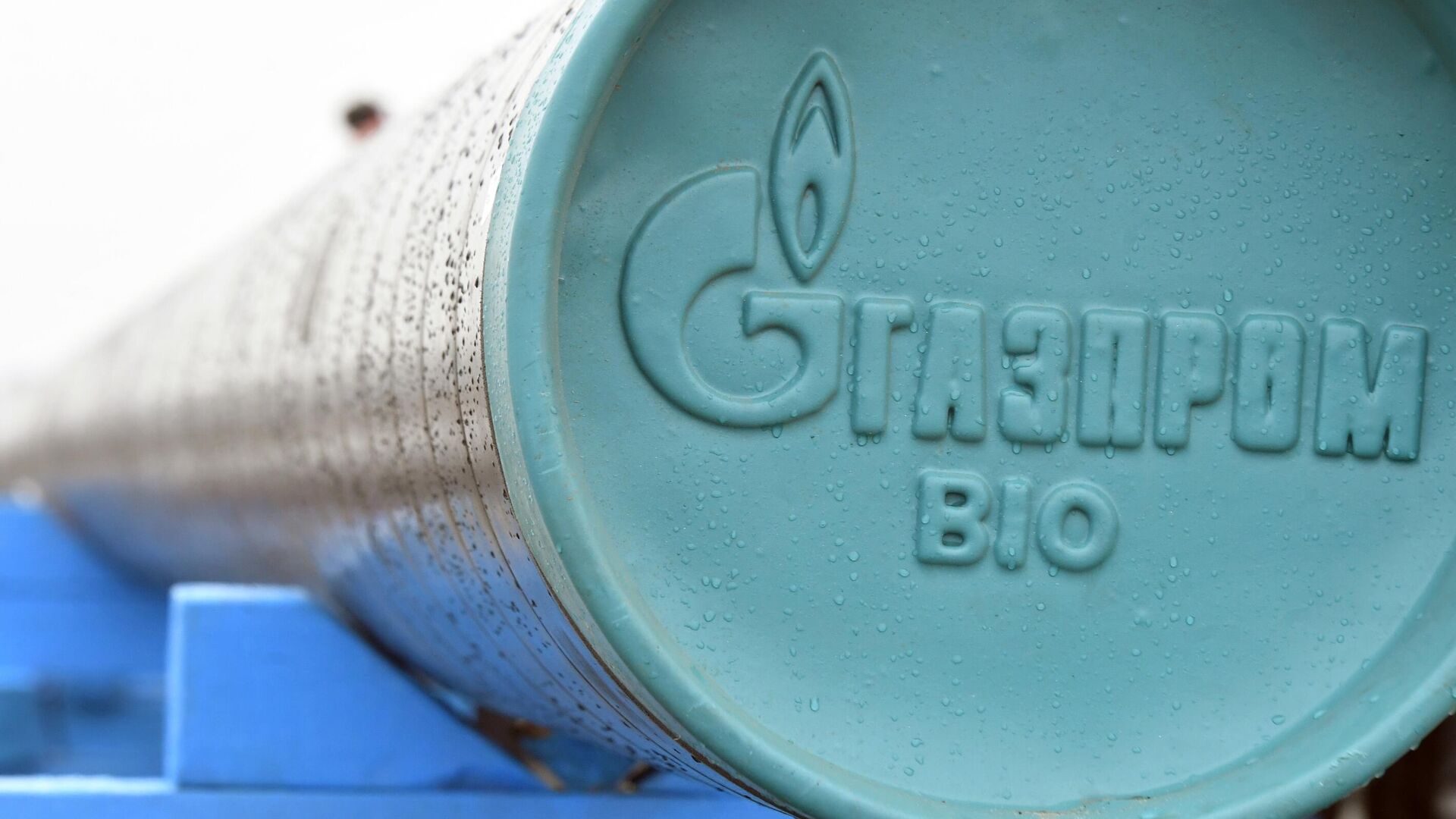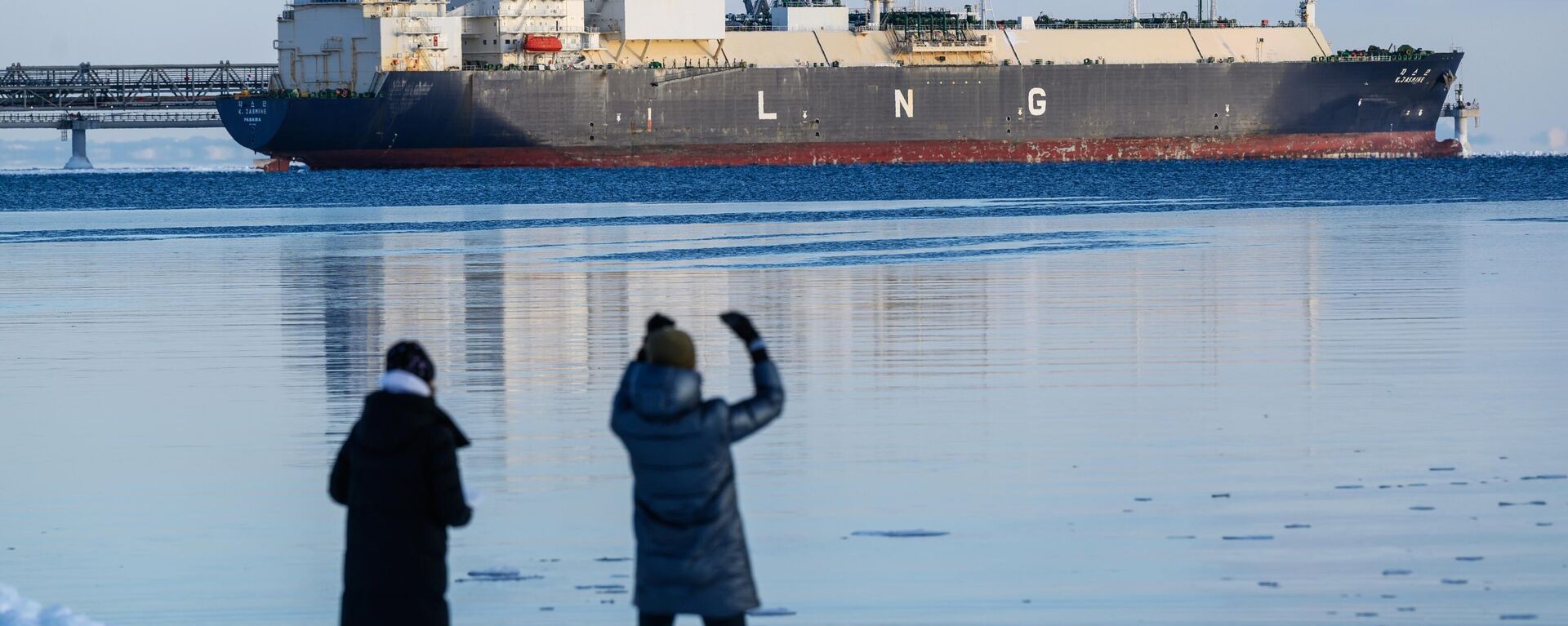Europe Cuts Gas Demand by Over 100 Bln Cubic Meters Since 2021, Russian Deputy PM States

© Sputnik . Maksim Bogodvid
/ Subscribe
MOSCOW (Sputnik) - Germany — one of the EU's biggest economies — imported 2.5 times less gas in January-September this year compared to the same period in 2021, but failed to make any savings as prices also grew 2.5 times, Sputnik calculated based on data from the German statistical office.
Europe has reduced gas consumption by more than 100 billion cubic meters in two years, with demand expected to be 490 billion cubic meters in 2023, Russian Deputy Prime Minister Alexander Novak said on Wednesday.
"We see that in Europe, gas consumption has decreased by more than 100 billion cubic meters since 2021. If in 2021 it was 609 billion, this year it is expected to be 490 billion," Novak told the Rossiya 24 broadcaster.
The minister also elaborated on the world oil prices in 2024, which are expected to be within the range from $80 to $85 per barrel.
"According to analysts' estimates. We also use the estimates of various analytical agencies and our analytical services, which work under the Russian Ministry of Energy. We think that the range of fluctuations next year for Brent prices could be around $80-85 per barrel. Approximately such figures were taken into account when forming the forecast of socio-economic development for the next year," Novak said.
Furthermore, the official shared that Russia is planning to occupy 15-20% of the global liquefied natural gas (LNG) market by 2035, about the same share previously accounted for by pipeline gas supplies.
"We expect that by 2035 we will reach the level of LNG production volume of about 100 million tonnes. And we plan to occupy a niche of 15-20% in the world markets, the same share as we occupied in pipeline gas supplies," Novak stated.
Thus, Russia has reduced its import dependence on oil and gas from 67% to 35% over the past few years.
"This year, the Russian government paid special attention to import substitution in the oil and gas industry in the production of equipment... If we talk about the oil and gas industry, over the past few years, we have reduced independence from 67% to 35%. And then the task is to ensure complete technological sovereignty," the minister said.
The last topic Novak touched upon was economic relations between Russia and India. Thus, Russia previously supplied almost no energy resources to India, but in two years its share in exports increased to 40%.
"Our main partners in the current situation are the People's Republic of China, whose share has grown to approximately 45-50%, and, of course, India. Previously, there were practically no supplies to India. Over the past two years, the total share of energy supplies to India has amounted to 40%," Novak said.
Earlier in December, German Chancellor Olaf Scholz blamed Russia for cutting off pipeline gas supplies to Europe and the resulting spike in energy prices. Russian Security Council Deputy Chairman Dmitry Medvedev, in turn, said on social media it was Europe that had rejected Russia's gas supplies, accusing the German leader of "lying through his teeth."

